So it has been such an amazing spring in regards to reaping the bounty of the sea. Since I began living here, I have wanted to feel more connected to the ocean and the subsistence activities connected with it, and finally I feel like I have my finger on the pulse. I know that people who have not lived here in Alaska often feel squeamish and sad about the hunting of sea mammals, and I respect that -- I don't expect everyone to want to hunt or eat seals & whales because they read my blog. I want to share my experiences doing this because it is still so amazing to me that this is part of my life, and I am thinking it might feel amazing to many of you, too. I do feel a bit of sadness when I see these animals butchered, but there is also an emotional line that is growing broader within myself -- I am beginning to see them as food, and I don't mean that in any derrogatory way. Some of you may remember that I was a vegetarian for 9 years, for all sorts of reasons, and then when I came to Alaska, I had a personal revelation that a subsistence hunter's relationship and respect for animals is actually closer and more spiritual than a vegetarian's, and although I would never disdain my agrarian roots, it started to feel to me that the hunter/gatherer lifestyle is actually closer to the earth than a farmer's -- especially since the hunter/gatherer spirituality is enmeshed with a kind of reciprocity and gratitude that I have never encountered with agriculture. Not that all hunters out here are perfect or totally in line with the old spirituality, but as much as I can, I try to be. I try to use all the animal that I can, and I try to not be arrogant and expect that we will catch anything -- and, yes, I do feel closer to the animals and to the earth than I did when I was a vegetarian.
And eating this food is very much in alignment with my desire to eat whole foods and organically; although there are toxins found in all wild foods, since those toxins are in the environment, now, the levels are still lower than in processed foods at the grocery store. A research team came from Fairbanks to report on their findings about levels of heavy metals in seals, this spring, and they confirmed that belief, that even with toxins in the environment that get into sea mammals, it is still healthier to eat wild foods.
And an animal that is caught out here in this totally wild land has had an amazing life, a really full life. If I stand still and look around me when I am out in the tundra, on the beach, or in a boat on the bay, I realize how enormous this land is, and how small our (human's) part of it is. It really does feel that if an animal is caught, it must have given itself to the hunter, because how else could anyone have caught it otherwise? There are miles and miles it could have gone, in every direction including up and down, to get away from the hunter. Animals have complete dominion here, and life has flourished in this region for thousands of years partly by the grace of them.
And a whole bunch of hard work. Subsistence life is a whole lot of work -- if I thought farming was a lot of work, well, I guess I don't know which is more work, honestly. But the preparation of subsistence foods is a job in itself, and is just as hard on the physical body as farming is. When I would talk to elders in the past about how they used to live, they would always say, "It was a lot of work", and I guess it just didn't register with me, exactly what they meant. I think there are muscles in the body that are never used until you are trying to deal with a huge carcass of something, and deal with it quickly so that it can be preserved in the best way possible. Hands, arms, shoulders, back, legs, wrists, fingers all get so tired and sore from bending, squatting, sitting, carving, slicing, plucking, etc. As I prepared the subsistence things this spring, I finally had a real physical understanding of what the elders meant. The refrain that would come into mind many times is, "If I didn't have to go to work, I could do....", or "If I wasn't so tired from working all day, I could...", always something further with this wild food than I had done. I wish I could live like people here did, and sometimes still do, with subsistence as their main occupation and way of life -- it's totally a full-time job, and totally fun and rewarding -- especially to open the freezer and see the bounty inside and remember that it got there through hard work and kind gifts from others in the community, not via money and the grocery store (well, except for the purchases of shotgun shells and gas!).
So I felt like this topic needed addressing in my blog, so that you all, if you don't know me and my thoughts on this topic already, would know where I am coming from. I am not a blood-and-guts kind of hunter, I am not an arrogant shoot-everything-in-sight hunter, I am coming from a truly respectful place. I find a lot of enjoyment in the connection I experience between myself and the natural world in living this way. I also feel like I am doing what I can living a healthy lifestyle and helping Esther to grow up connected to her cultural heritage.
Subscribe to:
Post Comments (Atom)






























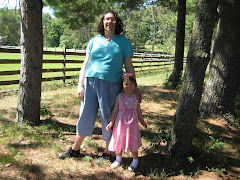
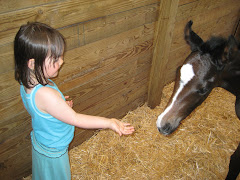
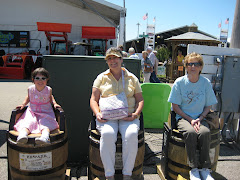
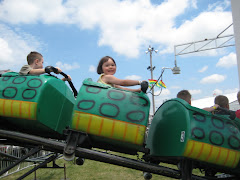
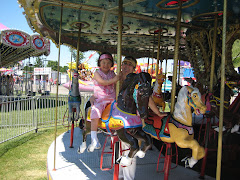
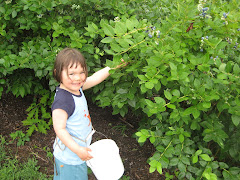
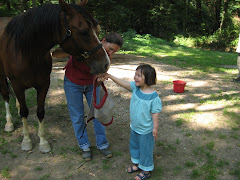
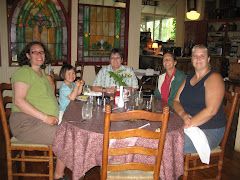
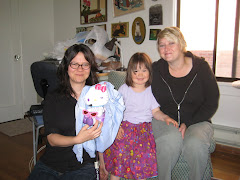

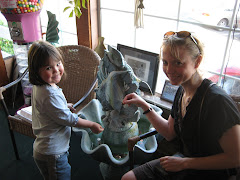
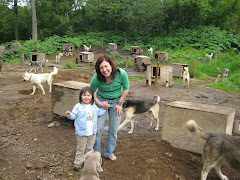
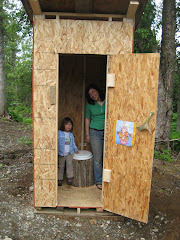
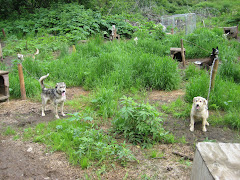
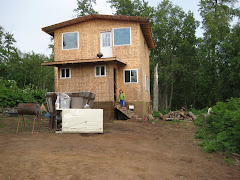
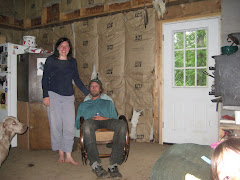
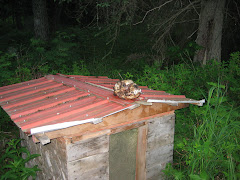



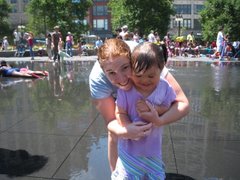
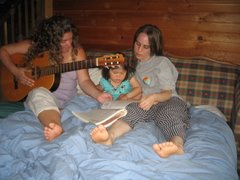
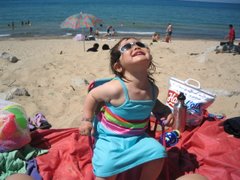
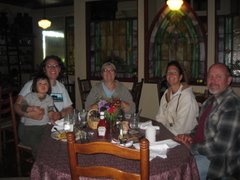
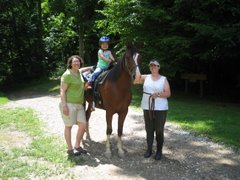
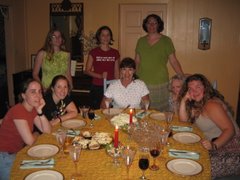
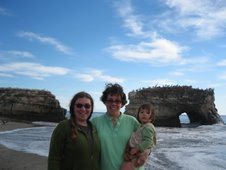
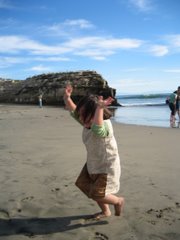






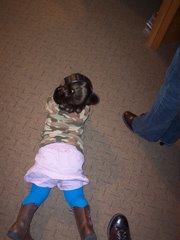
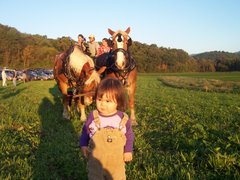
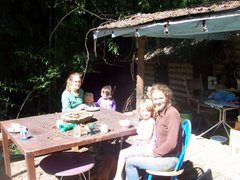
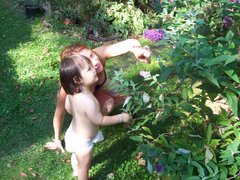


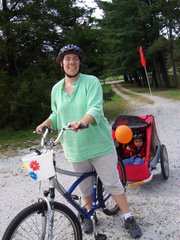

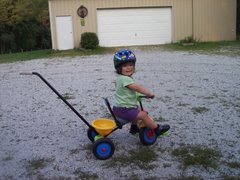
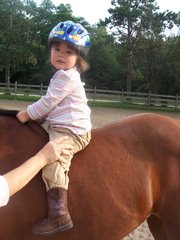
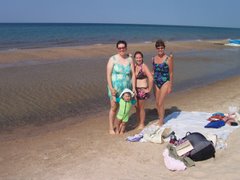

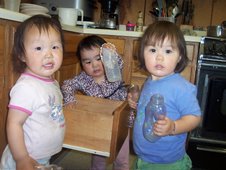
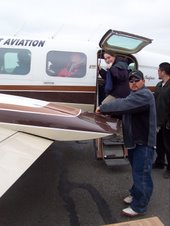
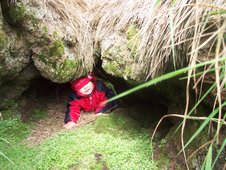
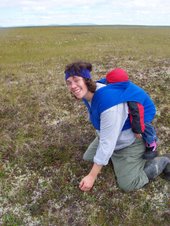


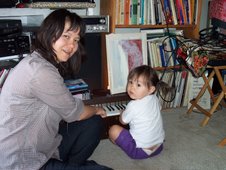
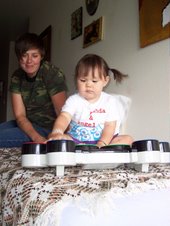
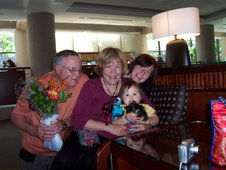
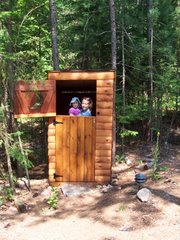




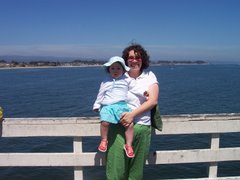

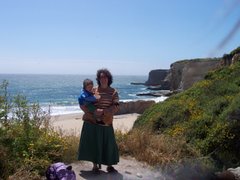
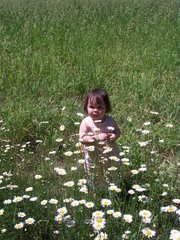














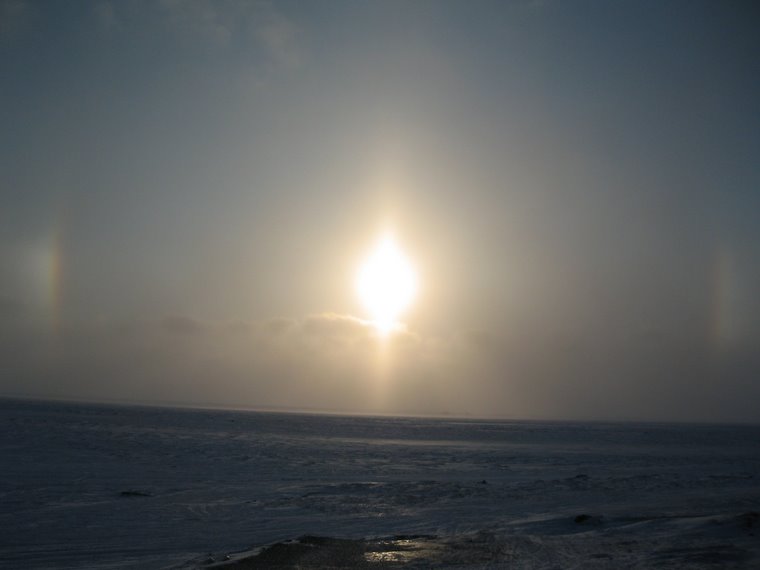
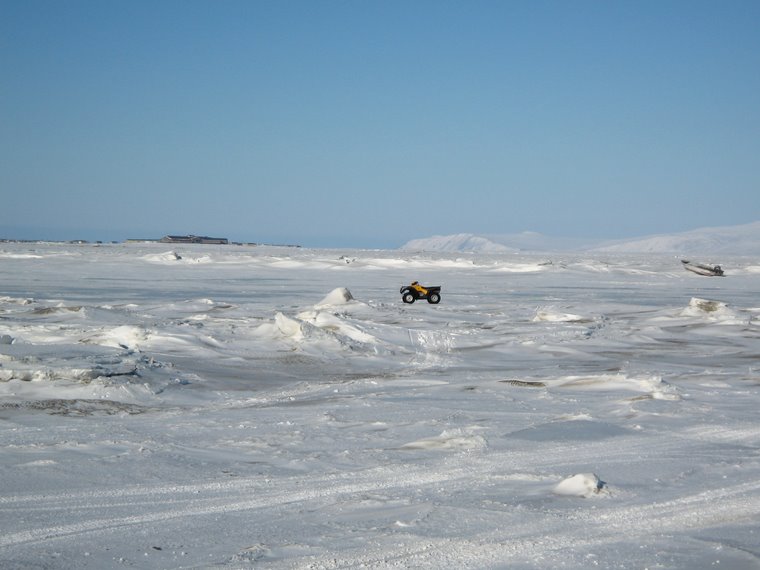

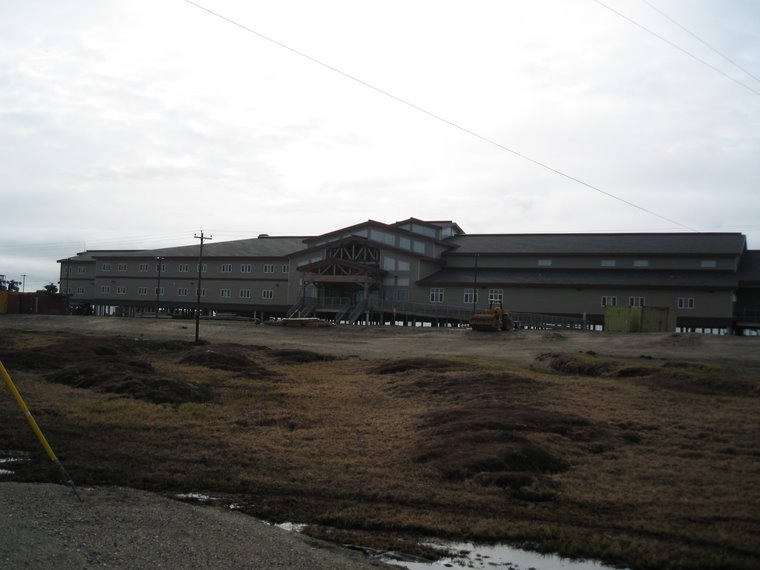

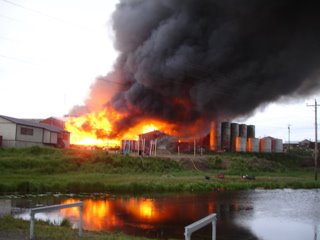
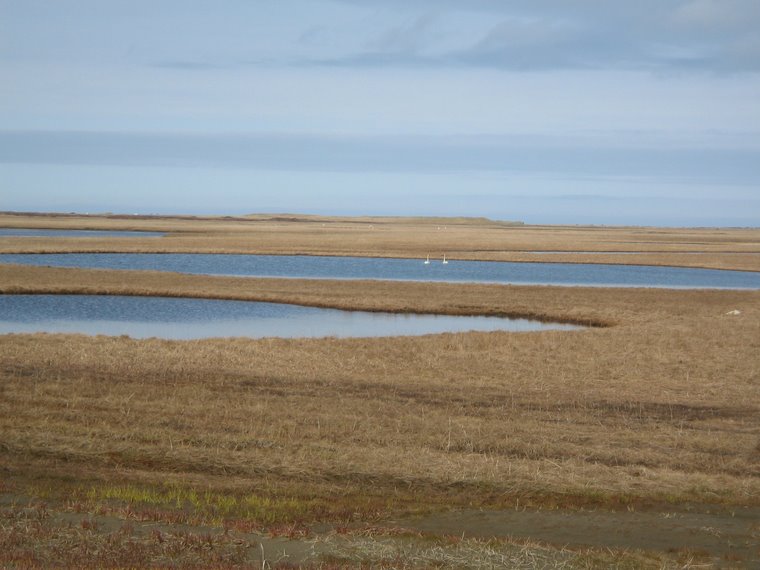

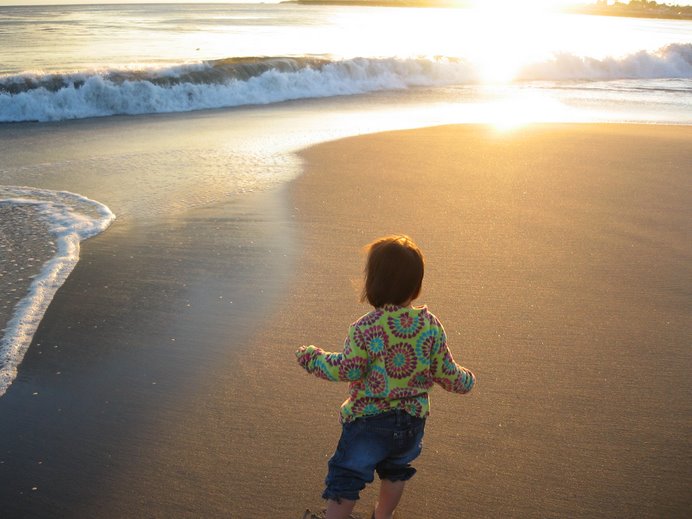
1 comment:
Very beautifully explained and written.
Hugs,
Lisa
Post a Comment